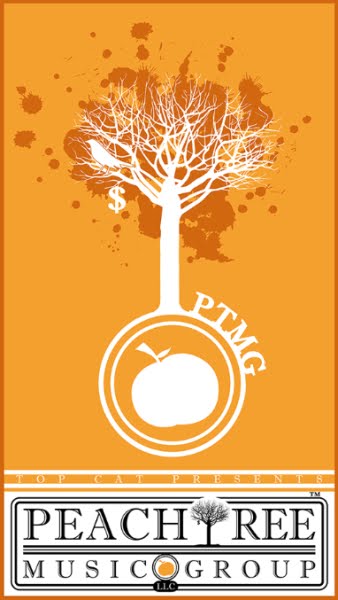Streaming isn't just a convenient way to get music for those with a high-speed Internet connection, it's poised to change the music industry as we know it — again.
Denys Prykhodov / Shutterstock.com
By Chandra Johnson, Deseret News National Edition
Summary
Streaming isn't just a convenient way to get music for those with a high-speed Internet connection, it's poised to change the music industry as we know it — again.
Every time he picks up a music magazine, Scott LeGere realizes how paramount music streaming is in his life
“I almost hate reading those magazines now because when I read a blurb about a record, I want to push the picture and hear it,” said LeGere, a professor of music at McNally Smith College. “It’s just a reminder that based on streaming’s convenience and immediacy, there’s really no putting the genie back in the bottle.”
As a music business professor and producer, LeGere says this month’s announcement that Apple plans to roll out its own streaming service marries the music industry’s future to streaming.
“It wasn’t that long ago that jumping in your car and going to a store was the most convenient way to find music. Now, it’s a Google search bar,” LeGere said. “That a company like Apple, that has the largest music store in the world, would cannibalize its own music sales tells you where the future is.”
Since Pandora was founded in 2000 and Spotify came to the U.S. in 2011, music streaming has quickly outpaced downloading as the primary way people listen to music.
In 2014, digital track and album download sales accounted for 113.2 million out of 227 million total sales, which included physical music like CDs and vinyl.
To give streaming a comparable sales model (even though songs and albums aren't sold via streaming), the industry created stream equivalent albums — or the number of streams it takes to match the $7.50 wholesale revenue of a CD or a downloaded album. It currently takes 1,500 streams to equal the wholesale value of a downloaded or physical album, and in 2014, stream equivalent albums accounted for 46.9 million in album "sales."
The stream equivalent album figure nearly doubled year over year, a significant detail when overall album sales — including CDs and vinyl — slid by 8 million in one year, from 235 million to 227 million.
When artists have to hope their songs get streamed more than 1,000 times to make the same money they once did on a 10-track album, it's easier to see why high-profile musicians like Taylor Swift and Jay-Z have pushed back against the streaming model. In their efforts, both Swift and Jay-Z aren't fighting against streaming per se, but against a model that pays artists and others in the music industry fractions of pennies per stream.
In March, Jay-Z launched Tidal, an independent streaming service owned by musicians in what the service hoped would "forever change the course of music history." So far, that course has been difficult for Tidal; since its launch, Tidal has lost two CEOs and as a strictly paid, $10-a-month service, it competes with free versions of streaming services and free websites like YouTube.
Swift, on the other hand, has had more success in dealing with the issue of streaming. An outspoken opponent of file sharing and streaming as undervaluing music in general, Swift has held her music from streaming services like Spotify. This summer, she threatened to withhold her mega-hit record "1989" from Apple's proposed streaming service. Apple, to its credit,agreed to pay artists on the new service per stream in response.
While steaming’s future in the music industry seems secure, industry players are wondering what the future will look like, and whether or not the innovation it brings can change the label-driven music industry for the better.
“(Streaming) is not about demand or the Internet being good or bad, it’s more about the value we put into it and how to foster what we get out of it to make sure some of it gets back to the creators," Future of Music Coalition CEO Casey Rae said.
TopcaT@PeachTreeMusicGroup.Com



















